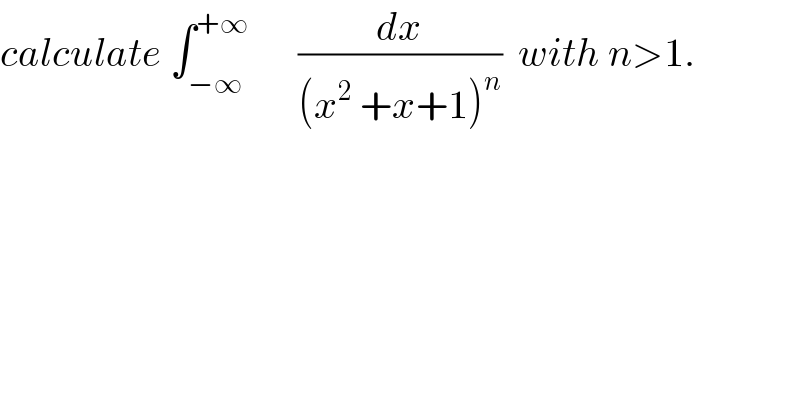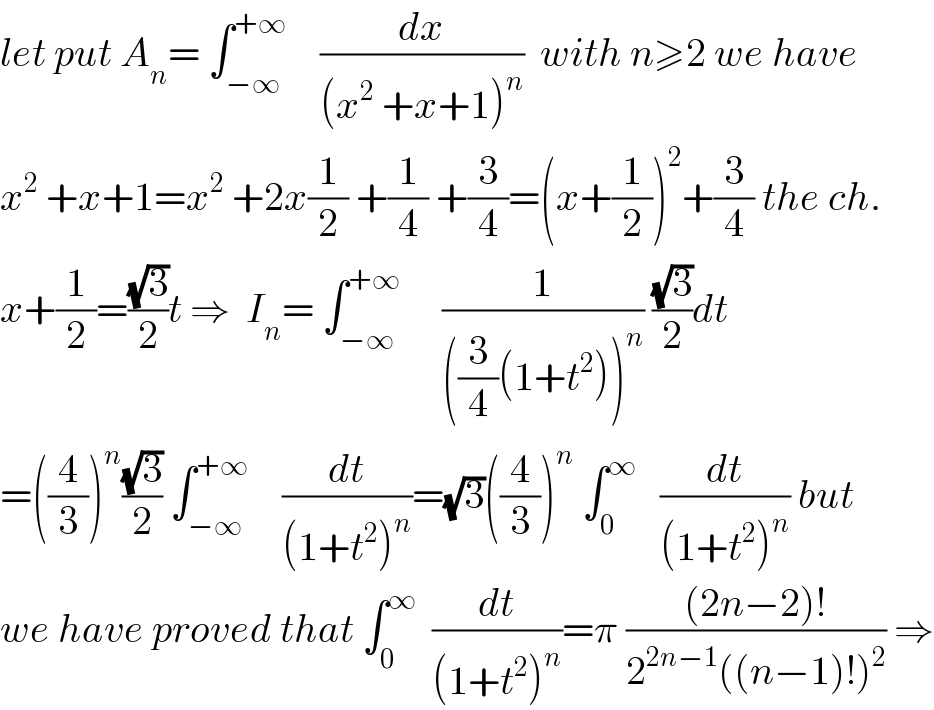
Question and Answers Forum
Question Number 31107 by abdo imad last updated on 02/Mar/18

Commented byabdo imad last updated on 06/Mar/18

Commented byabdo imad last updated on 06/Mar/18

| ||
Question and Answers Forum | ||
Question Number 31107 by abdo imad last updated on 02/Mar/18 | ||
 | ||
Commented byabdo imad last updated on 06/Mar/18 | ||
 | ||
Commented byabdo imad last updated on 06/Mar/18 | ||
 | ||